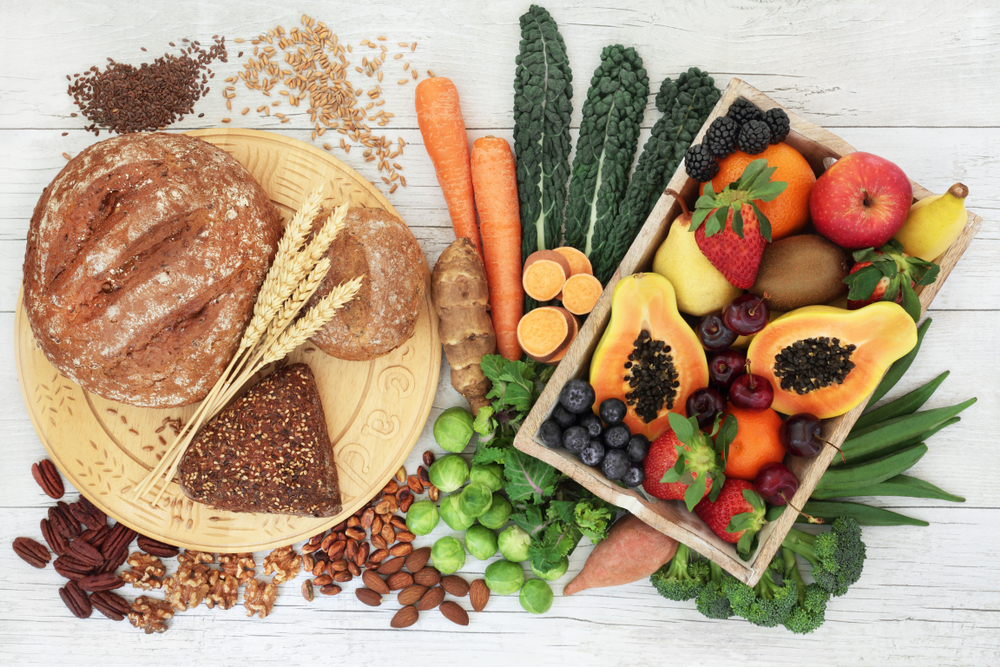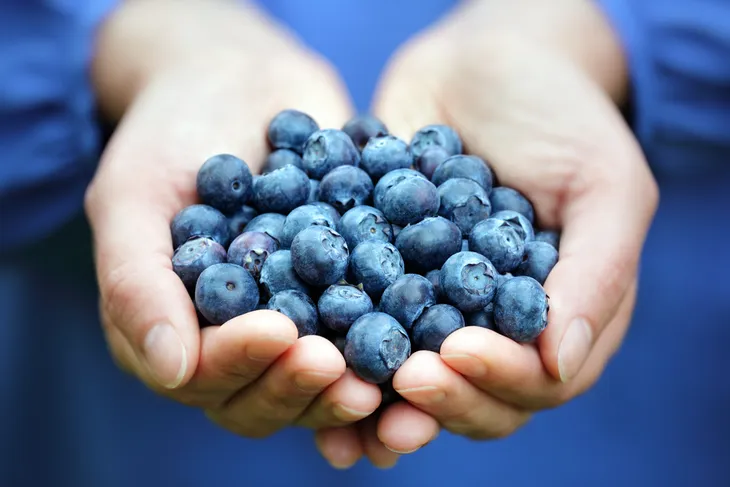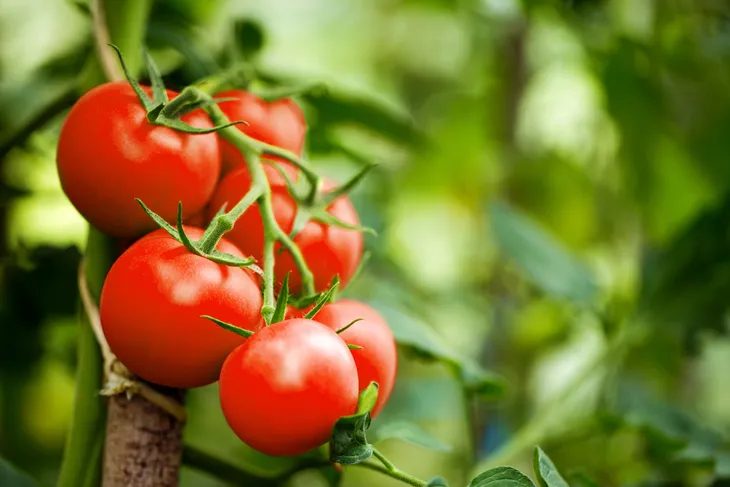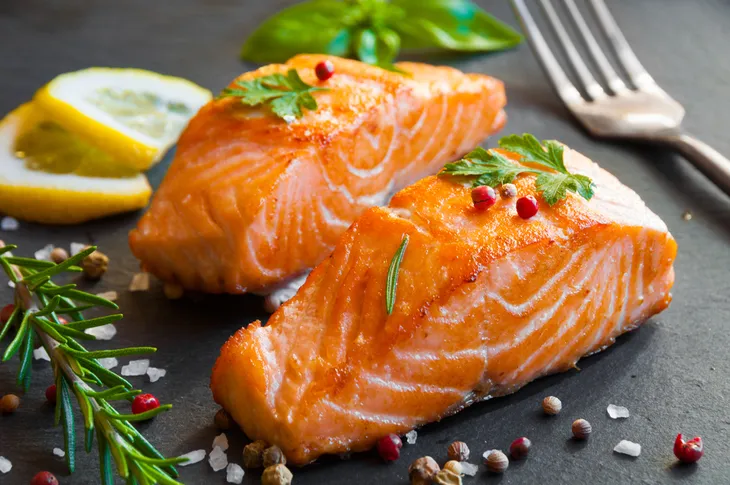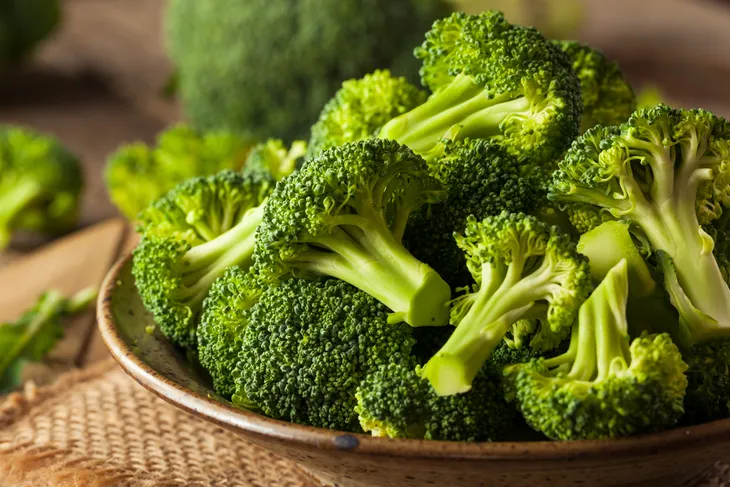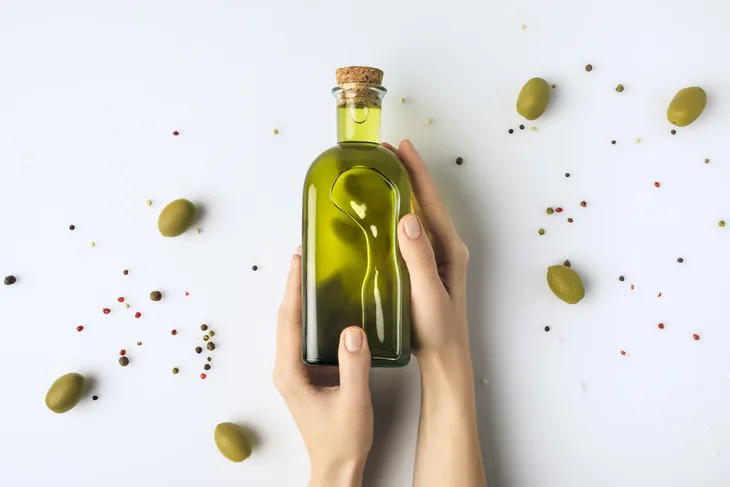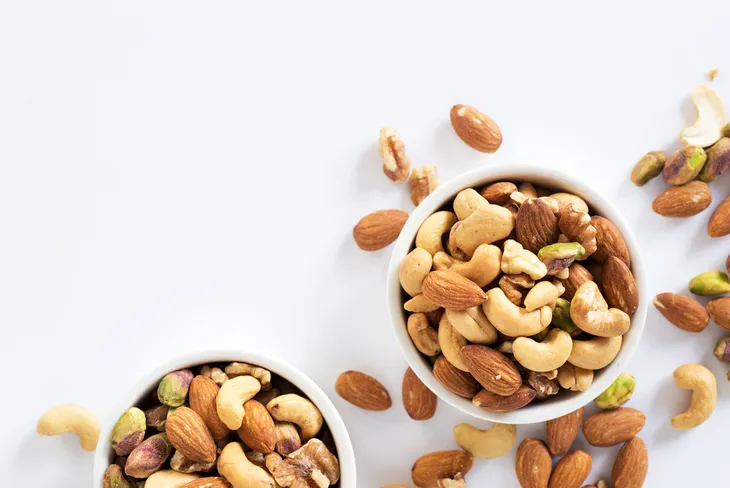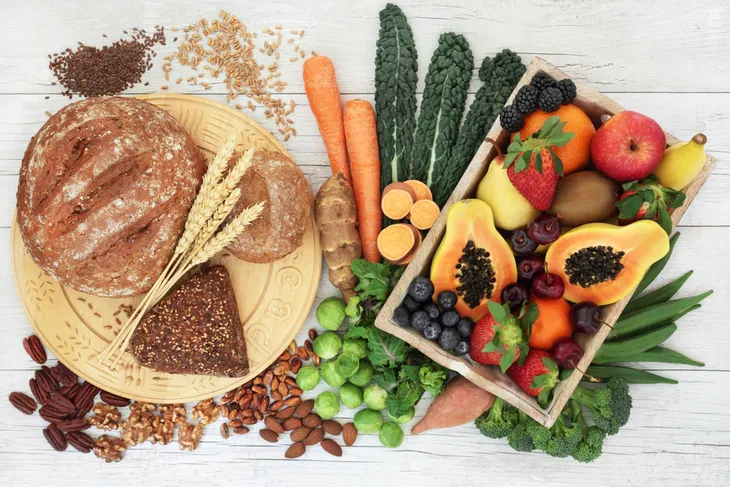Aging is an unavoidable part of life and while we can’t stop it, we can stay healthy along the way. Eating a well-balanced diet is always important, but it’s especially important as you enter your senior years. As we age, we’re more susceptible to diseases. While there are many great healthy foods to choose from, some stand out from the rest because of their ability to give you more energy and help protect your body from harmful diseases.
It’s worth noting, some foods may conflict with certain types of medications so always be sure to contact your medical professional before making any drastic dietary changes. Now, let’s explore the 10 best foods for seniors!
Want senior content delivered straight to your inbox? Sign up for our exclusive email list and receive articles and news on diet & nutrition, fitness, and mental health dedicated specifically to our senior audience!
Blueberries
Fruit really is nature’s candy but some fruits stand out more than others! Blueberries are chock full of nutrients and may specifically benefit seniors’ cardiovascular strength, cognitive skills, and skin health. One study even found that blueberries may be able to ward off age-related declines in neural and motor skills.
Furthermore, blueberries are also a great source of antioxidants and have been reported to prevent oxidative stress, inhibit inflammation, and kidney injury, as well as improve vascular health. Plus, considering they’re naturally sweet it’s easy to enjoy them by the handful, tossed into cereal, paired with yogurt, or even as a topping on your favorite dessert.
Yogurt
Calcium plays an important role in keeping our bones strong and healthy. Unfortunately, too little calcium can lead to osteoporosis and seniors are especially vulnerable to calcium deficiencies. Furthermore, the body also needs vitamin D to be able to absorb calcium. Thankfully, yogurt (especially types of yogurts that are fortified with vitamin D) can be a great food to help you get enough calcium and vitamin D in your diet.
Yogurt can also be a great source of protein, probiotics, and help aid in the digestive process. It is, however, worth noting that not all types of yogurt are created equal. Try your best to stay away from heavily processed types of yogurt and be on the lookout for added sugar. It’s best to enjoy plain yogurt, and preferably a brand that is fortified with vitamin D. If you’re looking for something a little sweeter, try pairing the yogurt with a swirl of honey and fresh fruit for added flavor!
Water
Water may not technically be a food per se but it is very important to be mindful of water consumption, especially as you get older. Some side effects of dehydration may include fatigue, an inability to think clearly, headaches, dizziness, dry skin, cramping, and dry nose/mouth.
Not only do older adults have less water in their bodies, but as we age we tend to lose our sense of thirst too. We aren’t always aware of when our body needs more water. A geriatric nurse, Anne Vanderbilt, CNS tells the Cleveland Clinic, “By the time they are thirsty, that’s already an indication of early dehydration,” So this is your friendly reminder to go grab yourself a glass of water and set reminders throughout the day to keep drinking water!
Tomatoes
Tomatoes are another excellent fruit for seniors. For starters, they’re a great source of lycopene which is a natural chemical that may be able to help protect you against prostate cancer, and may even help to prevent lung cancer. Second, they’re a great source of vitamins and minerals from vitamin A, vitamin K, B Vitamins, Vitamin C, folate, iron, potassium, magnesium, and more.
Tomatoes may help improve your digestive system and liver function. Further, thanks to the phytonutrients like beta carotene, lutein, zeaxanthin, tomatoes may help protect your vision. Finally, since they’re a great source of vitamin C, tomatoes can help strengthen your immune system which will help your body fight off bad bacteria and viruses!
Fatty Fish
Fatty fish such as salmon, mackerel, herring, and sardines are all great sources of omega-3 fatty acids which are good for your heart. The American Heart Association recommends that you consume about two servings of fish (specifically fatty fish) per week. One serving is about a 3/4-cup of flaked fish or about 3.5-ounces cooked fish.
Eating fatty fish can also be great for your brain cells. As we age, our brain loses density and neural connection. Consuming fatty fish regularly may help your brain retain its density and keep your neural connections active. It may even help you reduce the risk of developing dementia or Alzheimer’s disease. It’s worth noting, consuming fatty fish may work as a preventative for dementia but it won’t help those who have already been diagnosed with it.
Broccoli
If you’re looking for the perfect side dish to pair with fish, you may want to consider broccoli! Broccoli is a superfood that contains many essential vitamins and minerals that our bodies need. For starters, broccoli is an excellent source of vitamin C which is great for your immune system. In fact, half a cup of cooked broccoli offers more vitamins C than one-half of an orange.
Second, broccoli is also a great source of antioxidants that can protect or neutralize cell damage that is caused by oxidative stress and free radicals. This can help reduce inflammation in the body, as well as cellular damage in your eyes. Finally, broccoli is also an excellent source of fiber that supports your digestive health. You can obtain its benefits by eating both cooked and raw but keep in mind, they will provide different nutrient profiles. Try your best to always eat it raw or steamed as boiling, or microwaving may alter its nutrient composition.
Olive Oil
Olive oil is another excellent food for seniors. It can be used as a substitute for butter, a salad dressing, and while cooking. Olive oil contains a monounsaturated fat called oleic acid which is known to reduce inflammation in the body, says Healthline. Chronic inflammation can lead to cancer, heart disease, type 2 diabetes, arthritis, and Alzheimer’s disease. These are among the many reasons why it’s a great idea to consume anti-inflammatory foods.
Olive oil is also a good source of vitamin E which acts as an antioxidant in the body to protect your cells from damage caused by free radicals. And finally, olive oil is a good source of vitamin K which is important for blood clotting, healthy bones, as well as other functions in the body.
Red Wine
Red wine is made from dark-colored grapes that are rich in antioxidants like resveratrol, catechin, epicatechin, and proanthocyanidins. Resveratrol is a powerful antioxidant that is found in the grape skin and is linked to several health benefits such as blood clotting, reducing the risk of cancer and heart disease as well as fighting inflammation in the body. Further proanthocyanidins, another antioxidant found in red wine, may also help prevent cancer and heart disease.
It’s worth noting, drinking too much alcohol could actually have the opposite effects and could not only be harmful but may even speed up the aging process. That said, if you already drink alcohol, it may be a good idea to swap your favorite drinks for a glass of red here and there, but if you don’t drink alcohol this isn’t a good reason to start.
Nuts
Nuts can be enjoyed as a snack, tossed into a salad, or enjoyed in cereal and yogurt. They’re a great choice for seniors because they’re chock full of omega-3’s, fiber, protein, and the good kind of unsaturated fats. These nutrients play an important role in heart health, brain health, and can ease achy joints.
You may want to aim to consume about five one-ounce servings per week. Here is what a one-ounce serving can look like:
- 35 peanuts
- 24 almonds
- 12 hazelnuts or filberts
- 12 macadamia nuts
- 15 pecan halves
- eight medium Brazil nuts
- 14 English walnut halves
- 18 medium cashews
Fiber-Rich Foods
Fiber-rich foods are important for everyone but especially seniors because they can help lower cholesterol, rid the body of toxins, normalize bowel movements, help manage a healthy weight, and help control blood sugar levels. All of these factors can play an important role in reducing your risk of heart complications, colon cancer, and diverticulitis. According to Utah State University, adults who are over the age of 50 should aim to consume 21-grams of fiber per day for women and 30-grams per day for men.
There are many great ways to start adding more fiber to your diet. You can start by making a few swaps such as eating romaine lettuce or spinach instead of iceberg lettuce, whole grain rice instead of white rice, popcorn instead of potato chips, and you may even want to substitute meat for legumes a few times per week. Other great sources of fiber include eating fruits and vegetables (with the skin on), whole grains like oats, and high fiber cereals.
